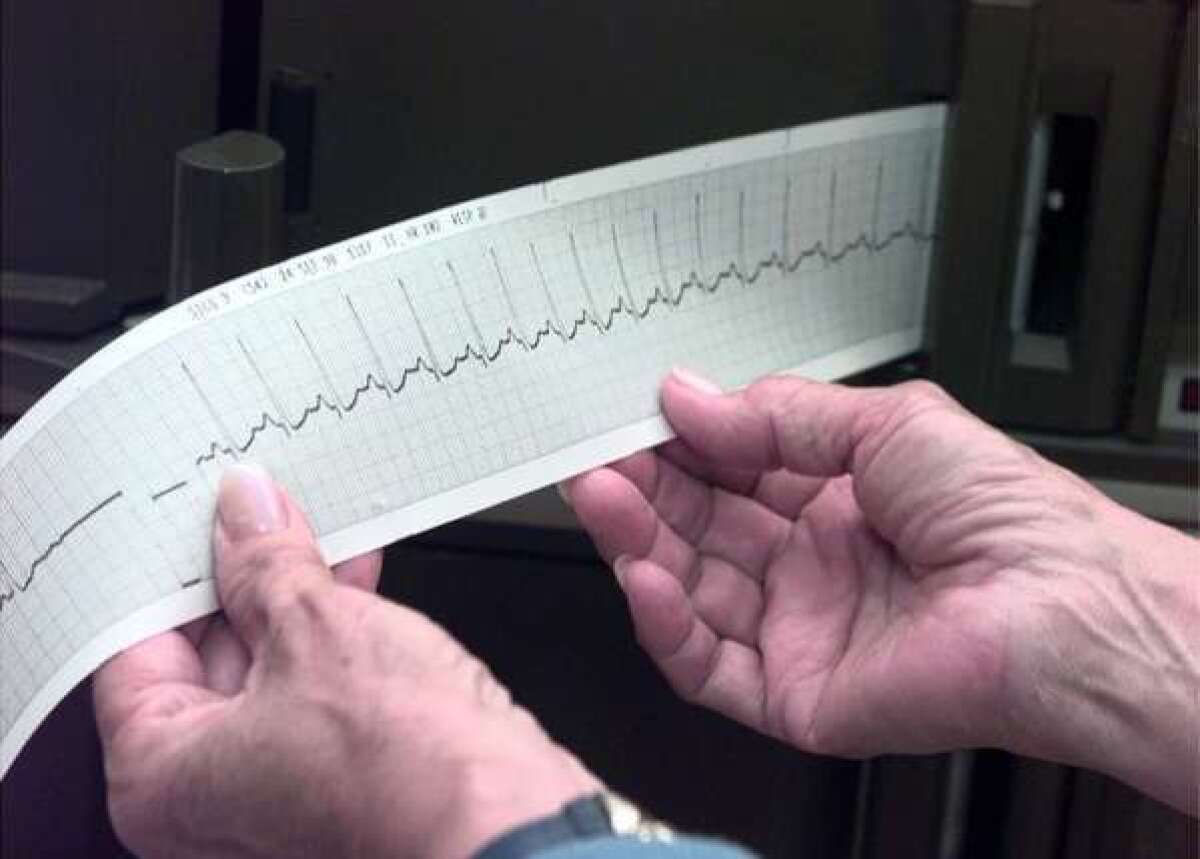FDA warns heart patients of risk from a second antibiotic

- Share via
The U.S. Food and Drug Administration on Tuesday warned that the widely prescribed antibiotic azithromycin -- marketed as Zithromax and Zmax -- may cause potentially fatal changes in the heart rhythm of people who are taking medications to treat existing heart arrhythmia or who have a slower-than normal heart beat or magnesium or potassium deficiencies.
Patients with a prolonged QT interval, a heart rhythm irregularity that is a risk factor for ventricular arrhythmias, also should avoid use of the antibiotic, the FDA warned.
Azithromycin, one of the most commonly prescribed antibiotics, is used to treat bacterial infections such as ear infections in children, urinary infections, bronchitis, pneumonia and chlamydia, a sexually transmitted disease.
The FDA’s finding follows a warning about the potential for dangerous heart arrhythmias in certain patients taking the antibiotic levofloxacin (marketed as Levaquin). Levofloxacin and azithromycin were found to pose the same risk of death in heart patients. Two other antibiotics -- amoxycillin and ciprofloxacin -- did not increase those patients’ risks, the FDA said.
[For the Record, 1:40 p.m. March 13: A previous version of this post incorrectly said levofloxacin is a macrolide antibiotic. Levofloxacin is a fluoroquinolone antibiotic.]




